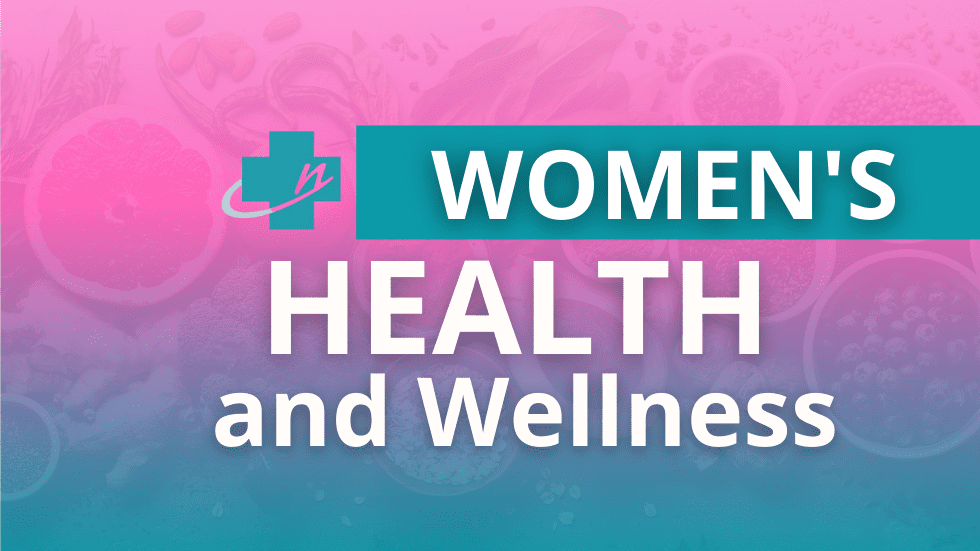How a Plant-Based Diet Transforms Your Health and Well-being

In recent years, the popularity of plant-based diets has been on the rise, and for good reason. Not only are plant-based diets environmentally friendly, but they also offer numerous health benefits that can transform your overall well-being. In this article, we will explore the remarkable impact of a plant-based diet on your health and why it’s worth considering as a lifestyle choice.
A plant-based diet emphasizes whole, unprocessed foods derived from plants, such as fruits, vegetables, grains, legumes, nuts, and seeds. It minimizes or eliminates the consumption of animal products, including meat, poultry, fish, dairy, and eggs. By adopting a plant-based diet, you can significantly improve your health and well-being.
Understanding a Plant-Based Diet
A plant-based diet is centered around nutrient-dense, fiber-rich foods that provide essential vitamins, minerals, and antioxidants. It focuses on incorporating a variety of plant foods while reducing or eliminating processed and refined foods. This approach offers a wide range of health benefits and can help prevent and manage chronic diseases.
Benefits of a Plant-Based Diet
Switching to a plant-based diet can positively impact your health in several ways:
- Heart Health: Plant-based diets are associated with a reduced risk of heart disease, high blood pressure, and high cholesterol levels. The abundance of fiber, antioxidants, and healthy fats found in plant foods promotes cardiovascular health and lowers the risk of heart-related conditions.
- Weight Management: Plant-based diets tend to be lower in calories and saturated fats, making them an effective approach for weight management. The high fiber content in plant foods promotes satiety, reducing overeating and aiding in weight loss or maintenance.
- Improved Digestive Health: The fiber-rich nature of plant-based diets supports a healthy digestive system. Adequate fiber intake promotes regular bowel movements, prevents constipation, and supports the growth of beneficial gut bacteria.
- Reduced Inflammation: Plant foods are rich in antioxidants and anti-inflammatory compounds that help reduce chronic inflammation in the body. By reducing inflammation, a plant-based diet can alleviate symptoms of inflammatory conditions, such as arthritis and autoimmune diseases.
- Lower Risk of Chronic Diseases: Plant-based diets have been linked to a lower risk of developing chronic conditions, including type 2 diabetes, certain types of cancer, and neurodegenerative diseases. The nutrients and phytochemicals found in plant foods offer protective effects against these diseases.
- Enhanced Energy and Vitality: The abundance of vitamins, minerals, and phytonutrients in plant-based diets nourishes the body, leading to increased energy levels and overall vitality. Plant foods provide the necessary nutrients for optimal functioning of bodily systems.
Nutritional Considerations
When transitioning to a plant-based diet, it’s essential to ensure you’re obtaining all the necessary nutrients for optimal health. While plant-based diets can be nutritionally adequate, paying attention to certain nutrients is crucial. Key nutrients to focus on include:
- Protein: Plant-based protein sources include legumes, tofu, tempeh, quinoa, nuts, and seeds. Combining different plant protein sources throughout the day ensures adequate intake of all essential amino acids.
- Iron: Plant-based iron sources include dark leafy greens, lentils, beans, fortified cereals, and tofu. Consuming vitamin C-rich foods alongside plant iron sources enhances iron absorption.
- Calcium: Plant-based calcium sources include fortified plant milks, tofu, tempeh, leafy greens, and sesame seeds. It’s important to consume sufficient calcium-rich foods or consider calcium supplementation if needed.
- Vitamin B12: Since vitamin B12 is primarily found in animal products, it’s recommended to take a B12 supplement or consume B12-fortified foods like plant-based milks, cereals, or nutritional yeast.
- Omega-3 Fatty Acids: Plant-based omega-3 sources include flaxseeds, chia seeds, walnuts, hemp seeds, and algae-based supplements. Incorporating these sources helps meet the body’s omega-3 needs.
Getting Started with a Plant-Based Diet
Here are some tips to help you transition to a plant-based diet:
- Gradual Transition: Start by gradually incorporating more plant-based meals into your diet while reducing animal product consumption. This allows your taste buds and digestive system to adapt to the changes.
- Explore New Foods: Experiment with a variety of fruits, vegetables, whole grains, legumes, nuts, and seeds. This expands your palate and ensures a wide range of nutrients.
- Meal Planning: Plan your meals in advance to ensure a balanced intake of nutrients. Include a variety of colors, textures, and flavors to make your meals enjoyable and satisfying.
- Educate Yourself: Learn about plant-based nutrition to ensure you’re meeting your nutritional needs. Consult with a registered dietitian or nutritionist if needed.
Plant-Based Meal Ideas
Here are some delicious plant-based meal ideas to get you started:
- Breakfast: Overnight oats topped with berries and nuts, or a tofu scramble with vegetables and whole-grain toast.
- Lunch: Chickpea salad wrap with mixed greens and avocado, or a quinoa and roasted vegetable bowl.
- Dinner: Lentil curry with brown rice, roasted vegetables with tofu, or a hearty vegetable stir-fry.
- Snacks: Fresh fruit, mixed nuts, vegetable sticks with hummus, or homemade energy bars.
Tips for Success
To thrive on a plant-based diet, consider the following tips:
- Diverse Plant Foods: Aim for a variety of fruits, vegetables, whole grains, legumes, nuts, and seeds to obtain a broad spectrum of nutrients.
- Read Labels: Be mindful of processed foods and check labels for hidden animal-derived ingredients. Opt for whole, unprocessed foods whenever possible.
- Hydration: Stay well-hydrated by drinking water, herbal teas, and infused water throughout the day.
- Supportive Community: Connect with like-minded individuals or join online communities for support, recipe ideas, and inspiration.
- Listen to Your Body: Pay attention to your body’s needs and adjust your diet accordingly. Seek professional advice if you have specific dietary concerns.
Conclusion
Embracing a plant-based diet can have a transformative effect on your health and well-being. By prioritizing whole, plant-based foods and ensuring nutritional adequacy, you can experience numerous benefits, including improved heart health, weight management, digestive health, reduced inflammation, and a lower risk of chronic diseases. Remember to make gradual changes, educate yourself about plant-based nutrition, and enjoy the journey towards a healthier and more sustainable lifestyle.







